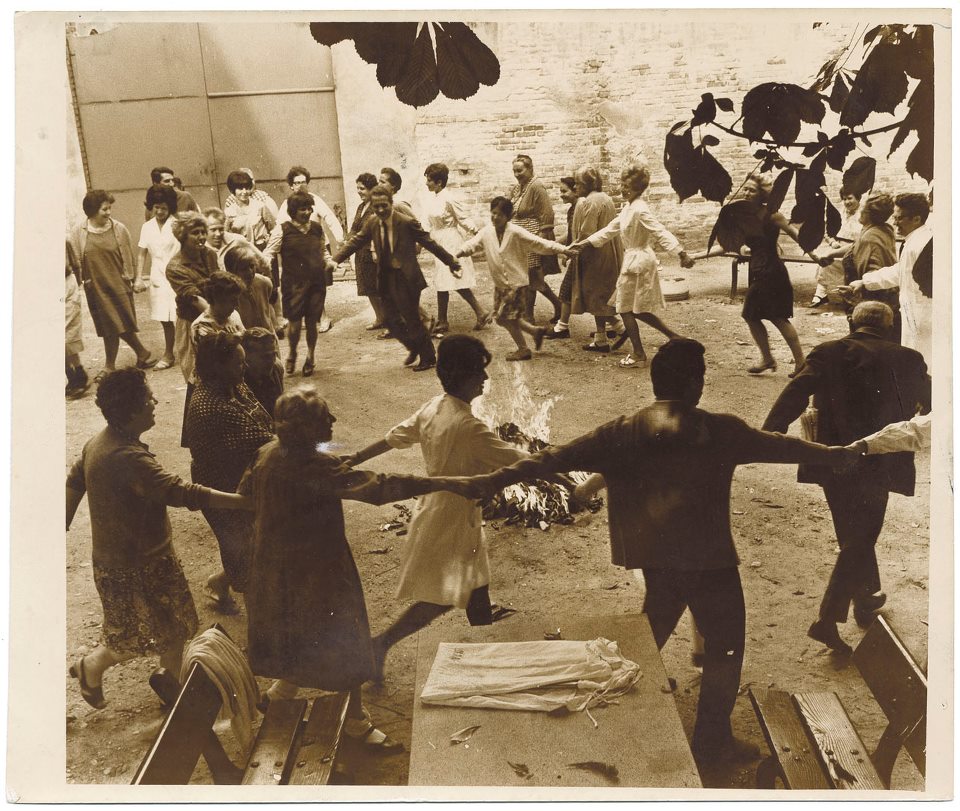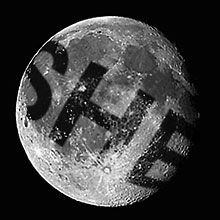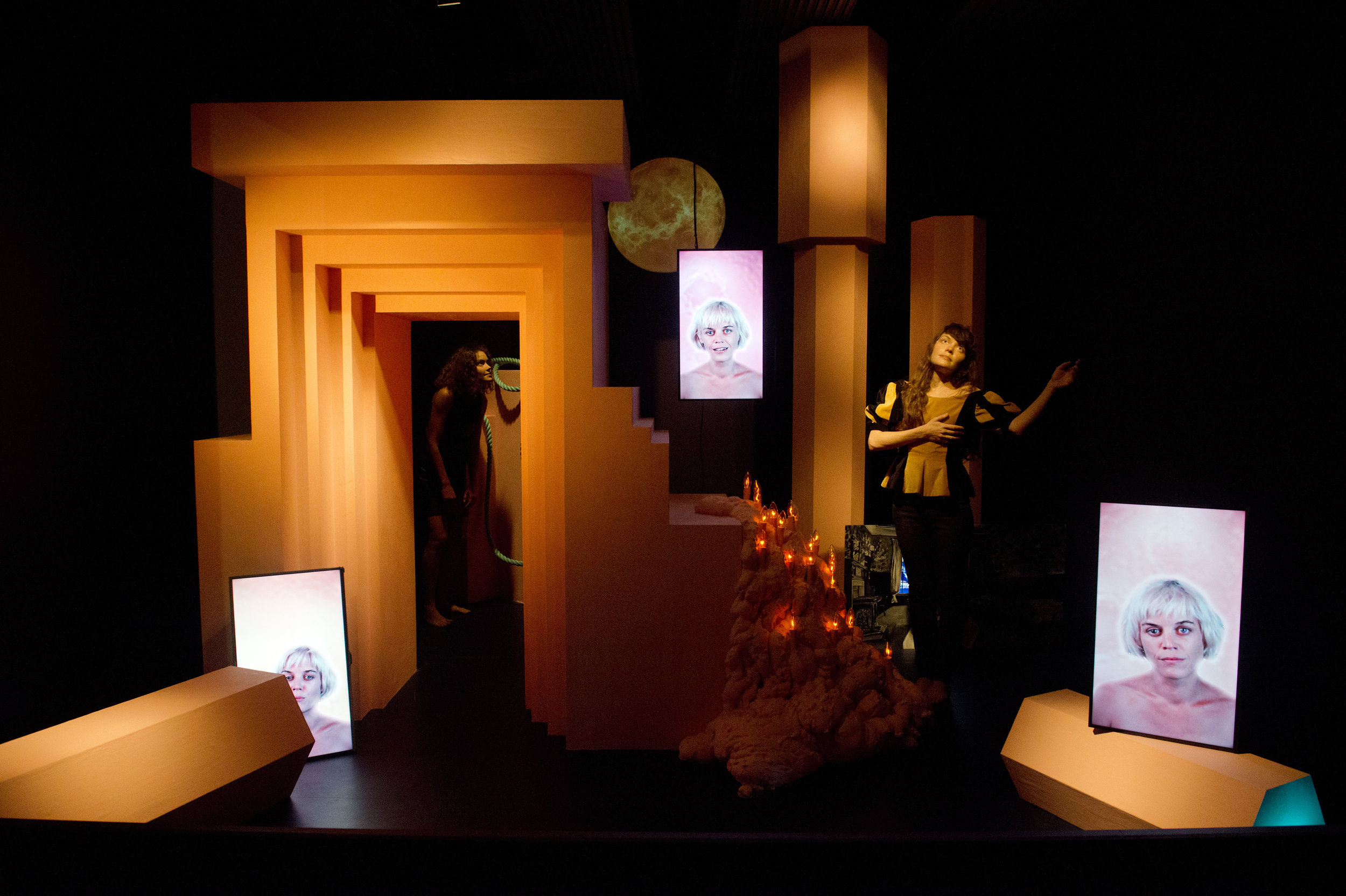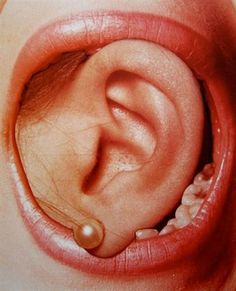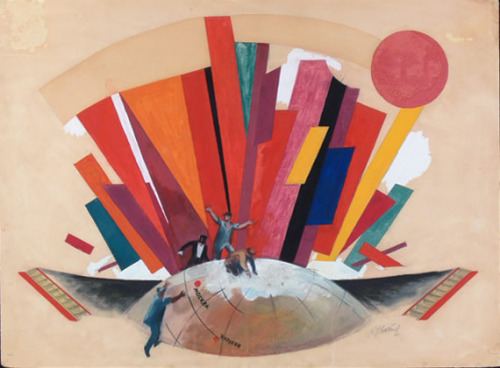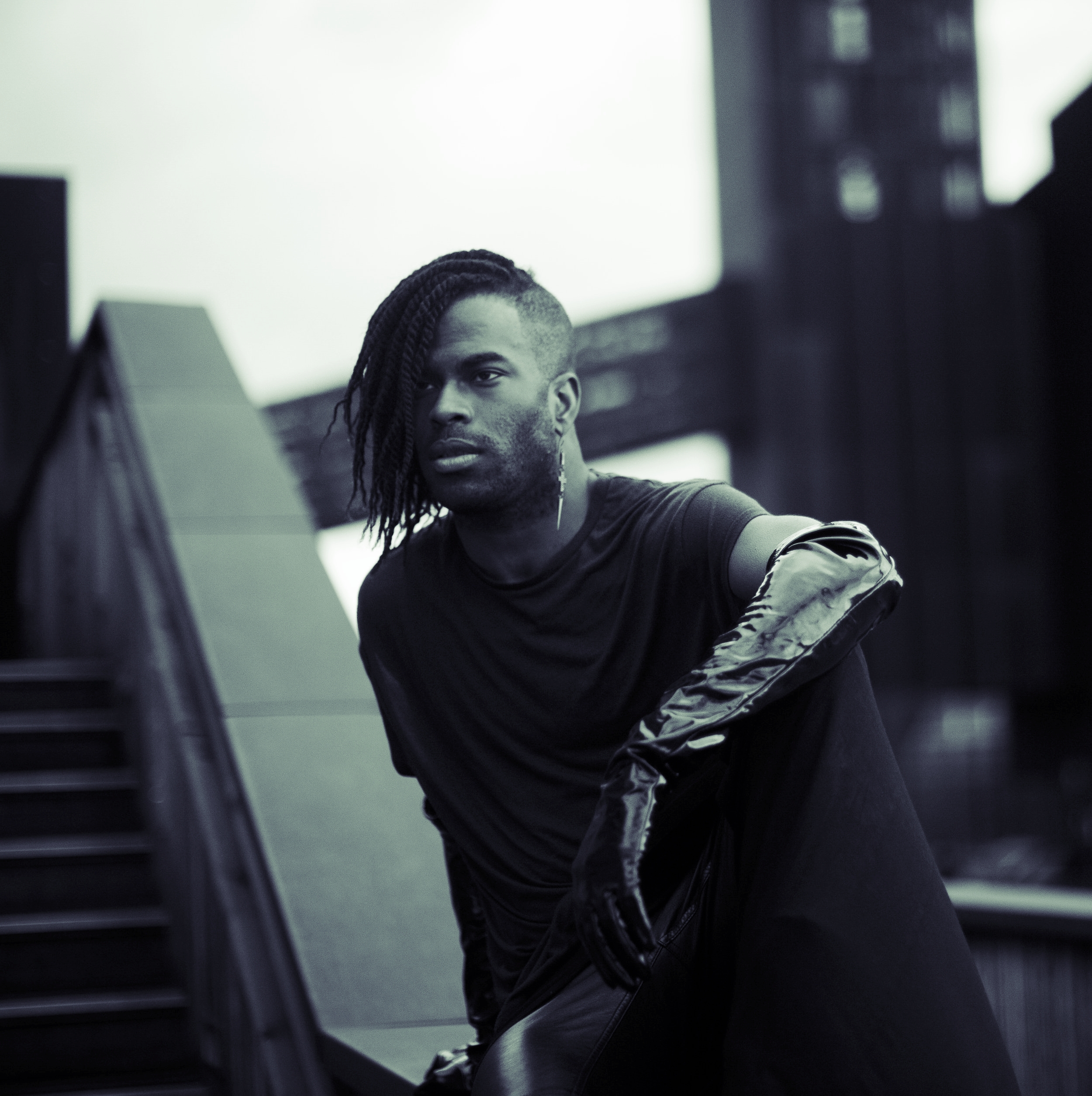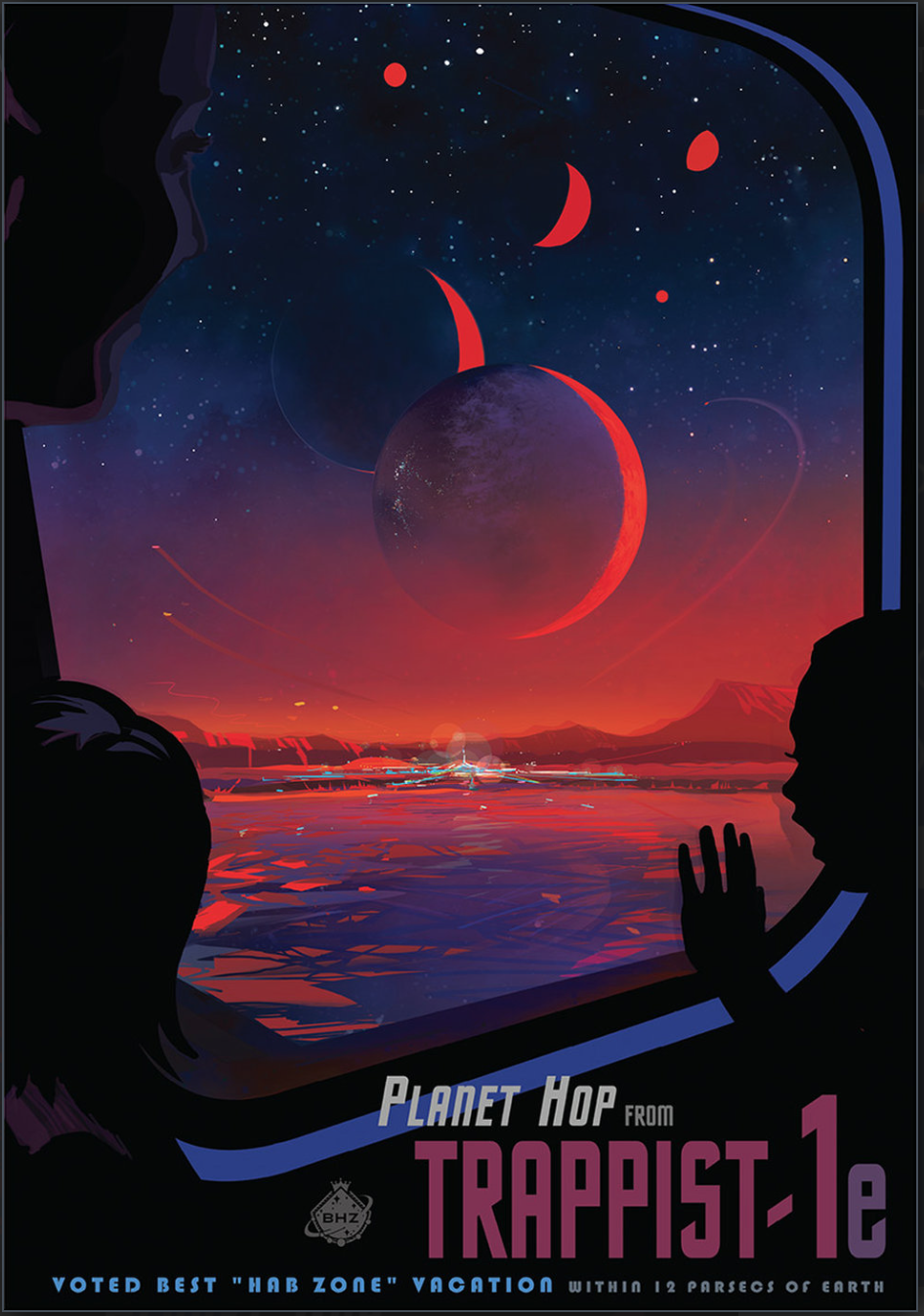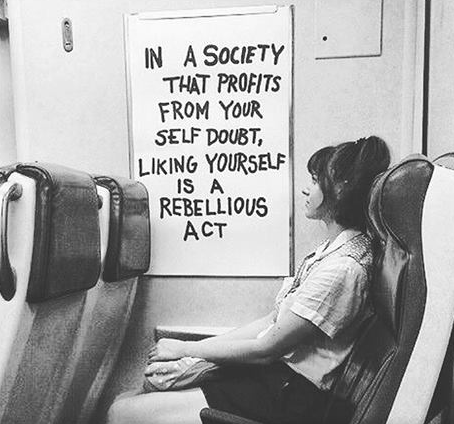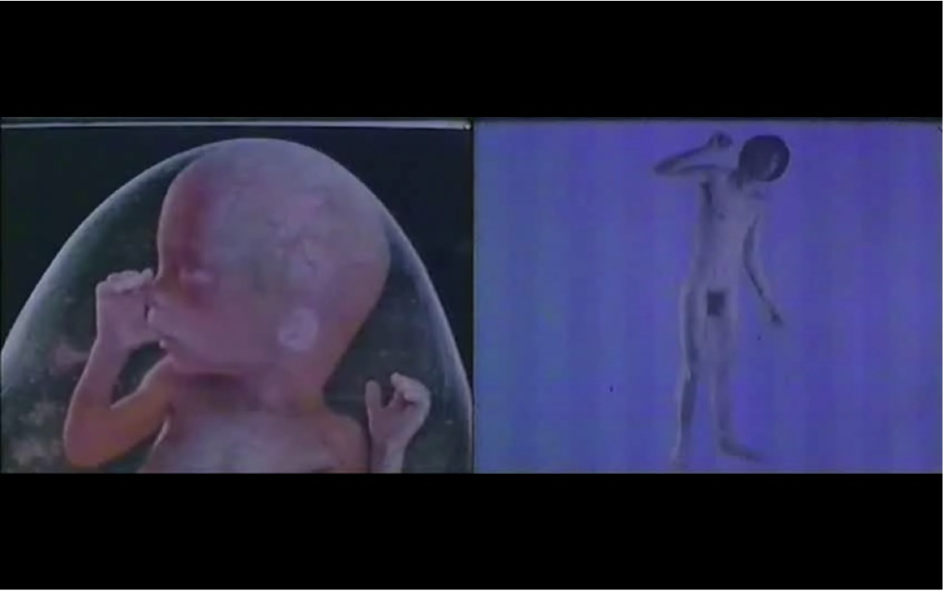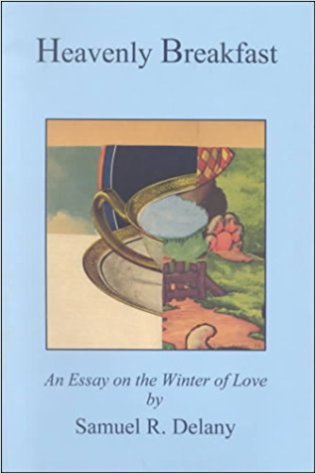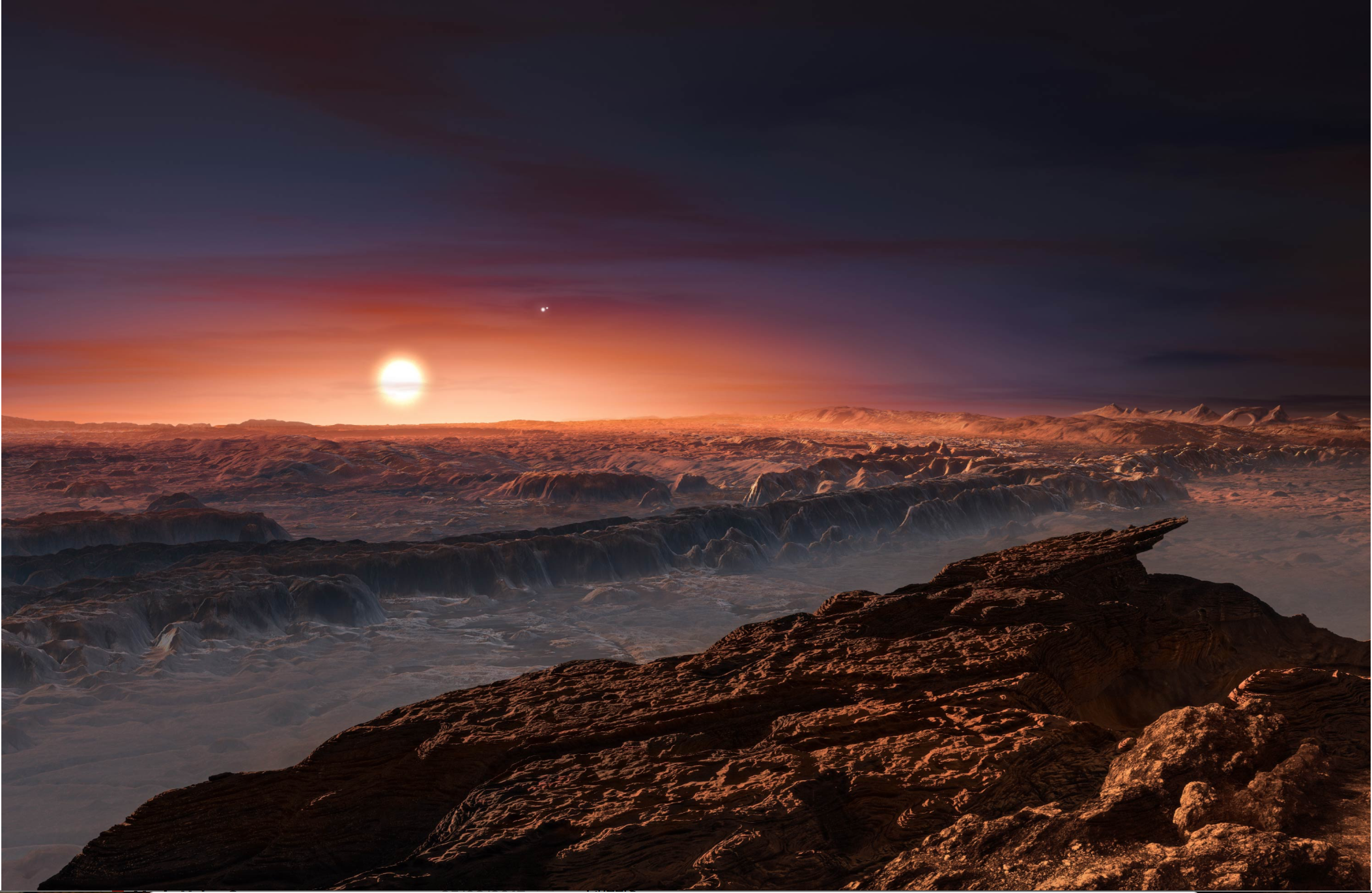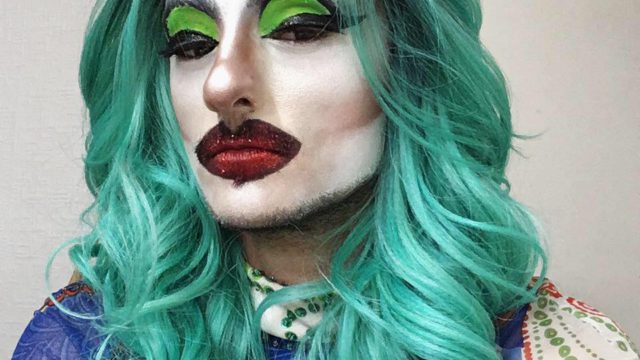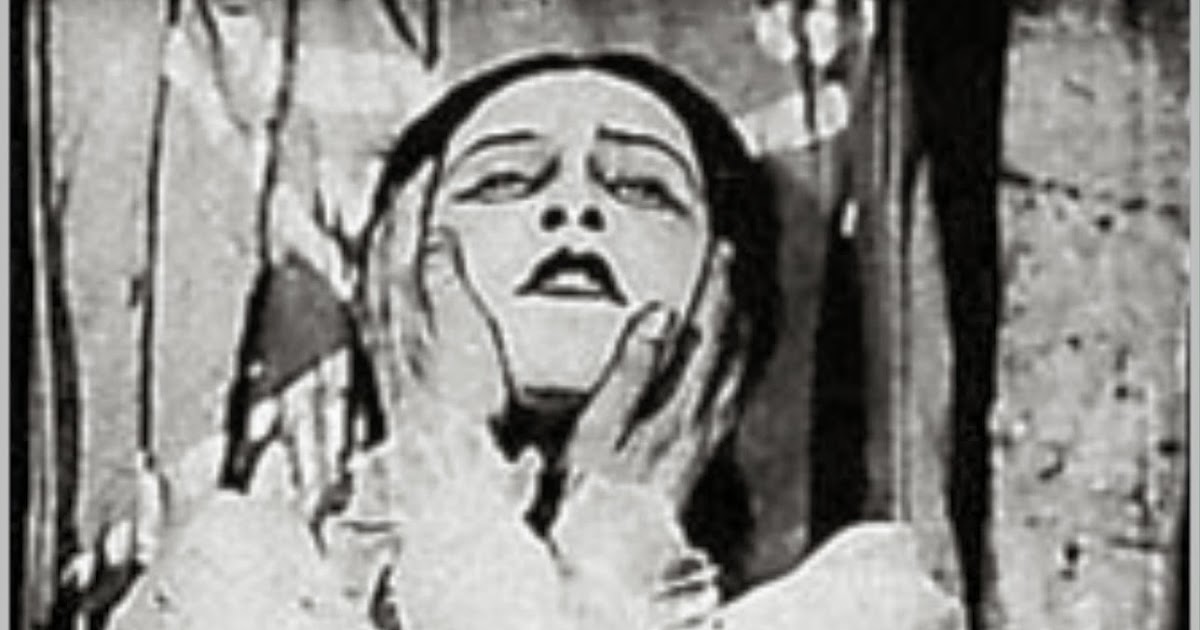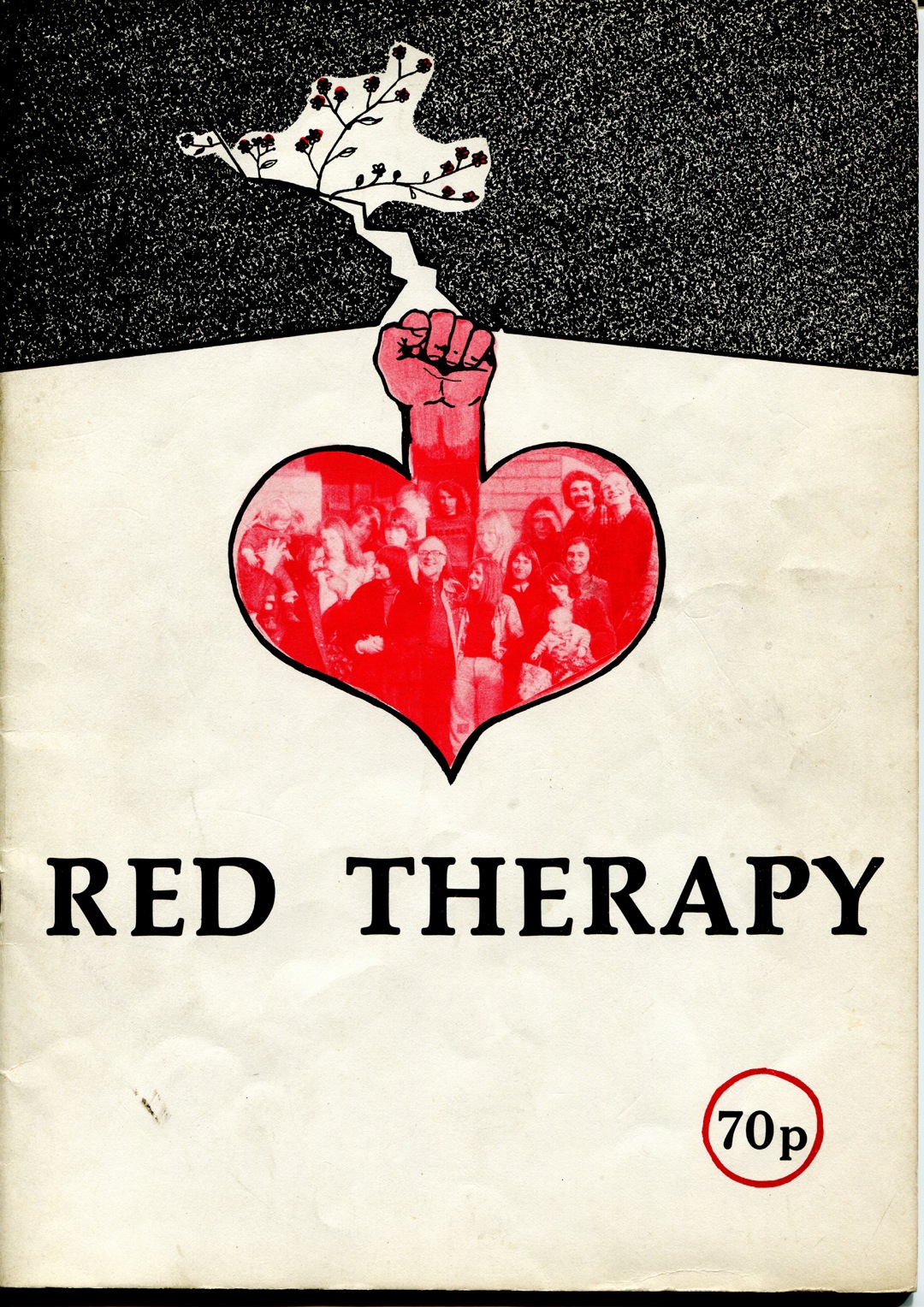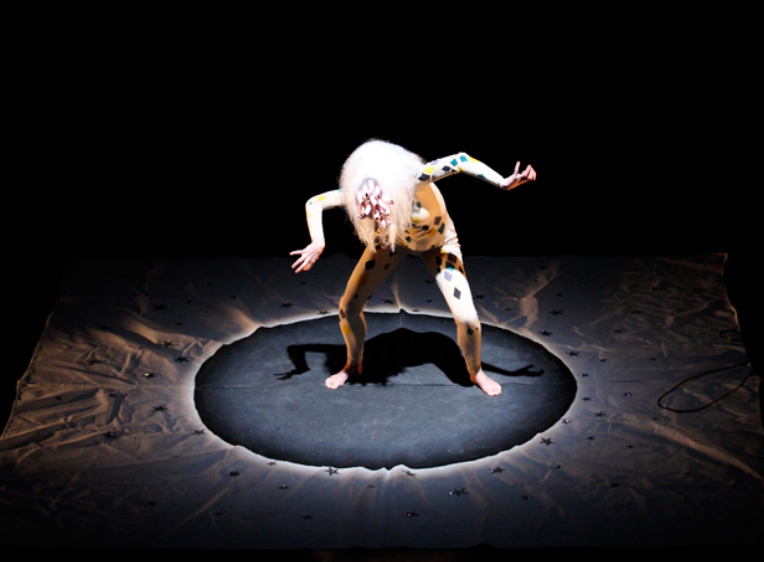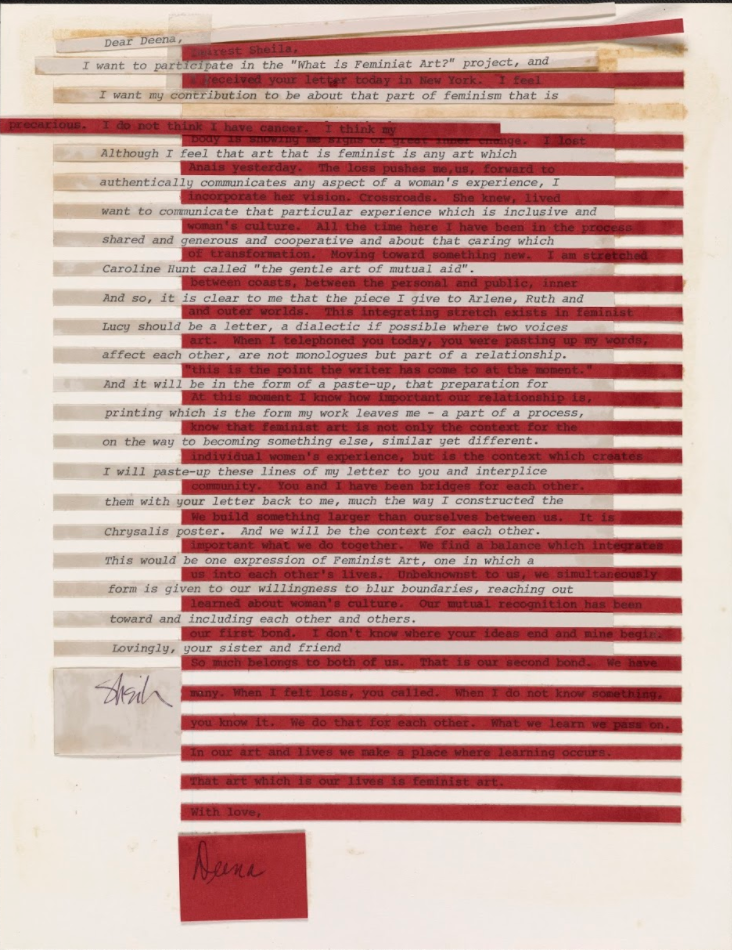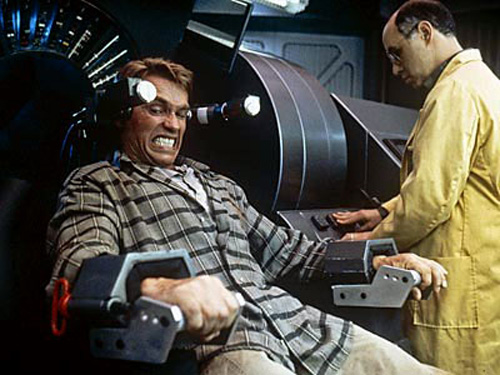RESIDENCY, 11 - 18 May 2017
In response to current socio-political unrest, this forthcoming one-week residency will utilise the remote environment of Eilean Shona to explore the charged idea of ‘safe space’. The week long programme is intended - not as a comprehensive examination of what we consider to be 'safe space' - but rather as a series of provocations from selected contributors who will consider the term within different specialisms, experiences, environments and communities.
As well as time and space to develop individual ideas, participants will be invited to take part in workshops, activities, talks and discussions led by contributors to the programme.
Contributors were:
1. Under the Moon: Distant galaxies, cyborg lovers, re-written histories, genetically engineered babies, glass communes, intergalactic journeys. Homes without parents, planets without gender, cities without trees. Under the Moon began in winter 2015 as a discussion/reading/screening group interested in exploring worlds - both real and imagined, utopian and dystopian - that differ radically from our own. The group was hosted at MayDay Rooms, London - an active repository, resource and safe haven for social movements, experimental and marginal cultures and their histories - and also attempted to engage with materials from the archives, placing them in conversation with the present moment and/or with fictional texts in order to spark conversation.
1.1 Hannah Proctor (Under the Moon) is a fellow at the ICI Berlin where she is attempting to conceptualise a project exploring the phenomenon of burnout in the aftermath of radical political struggle. She is broadly interested in practices of 'radical psychiatry' and completed a PhD on the Soviet psychologist and neurologist Alexander Luria at Birkbeck, University of London in 2015, which asked what a 'revolutionary psychology' could be. She has written for The New Inquiry, Mute and other places on subjects such as wrinkles, rayon stockings, gender and the death drive, revolutionary motherhood, the aesthetics of brain imaging software and communist pedagogy.
She is a member of the editorial collective of Radical Philosophy.
1.2 Sophie Jones (Under the Moon) is a postdoctoral researcher in the School of English at the University of Leeds. Her work focuses on how post-1945 literature and film mediate legal and medical accounts of the body, particular in relation to the politics of reproduction and other forms of gendered labour. She is currently writing her first book, The Reproductive Politics of American Literature and Film, 1959-1973 (Edinburgh University Press, 2019), which examines the way writers and filmmakers of the long 1960s engaged with the social horizons of pregnancy by reflecting on their own practices of cultural reproduction. She is developing a second project, on the medicalisation of attention in contemporary American culture, under the auspices of the Augmenting the Body project, a multi-institution collaboration based at Leeds, which involves scholars in the fields of English, Engineering, Philosophy, Healthcare, and Robotics.
1.3 Amy Tobin (Under the Moon) is a writer and researcher based in London. She teaches history of art and theory at Goldsmiths College, City and Guilds Art School and West Dean College. Her research looks at art and politics in the 1970s, particularly in relation to the women's liberation movement in Britain and America in the 1970s. Her PhD thesis on this topic focused on how women worked together, but also how they fell out and broke apart, arguing that these dynamics are important to acknowledge in the histories we write and stories we tell of political activism. She has published on this subject widely, including a book on the exhibition/ installation A Woman's Place released with Raven Row in London.
2. Dr Sarah Rugheimer is an astronomer and astrobiologist at the University of St. Andrews. She researches how we can detect life on other planets with future telescopes.
“Currently we are finding planets that are Earth-sized and temperate for the first time in history. In the next two decades, first with James Webb Space Telescope and large ground based observatories and later with follow-up missions like the proposed HDST/LUVOIR, we will be able to detect the atmospheres of terrestrial extrasolar planets in the habitable zone (HZ). These questions of our origins and the distribution of life in the Universe are the main driving inspiration for my day to day work.”
Sarah competed in Irish dance for 14 years, performed in Argentine Tango, and is a certified competitive dance teacher. In her spare time, she climbs remote high-altitude mountains and writes science fiction. She runs a podcast with fellow astronomer also named Sarah called "Self-care with Drs. Sarah" about navigating work and academia by prioritising self-care strategies to reduce stress and increase work-life balance.
3. Madison Moore is an artist, cultural critic, DJ and performance-maker based in London. His work touches pop culture, queer studies, nightlife, sound, media, visual culture and contemporary art, and blurs the lines between scholarship and artistic practice. Madison holds a PhD. in American Studies from Yale University and is currently an ERC funded researcher in 'Modern Moves' in the Department of English at King's College London, where he is also the Director of the queer@king's research centre.
Madison's research focuses broadly on (queer) aesthetic practices and experiences. At the center of this work is a commitment to articulating a politics of pleasure, particularly queer pleasure and black joy. Drawing from queer theorists including José Muñoz and Eve Kosofsky Sedgwick, Madison zeroes in on music, fashion, performance, art, and nightlife -- the realm of the aesthetic -- to highlight how people use pleasure every day to stage small acts of resistance.
4. Tai Shani - Artist Commission
Tai Shani's multidisciplinary practice, comprising performance, film, photography and installation, revolves around experimental narrative texts. These alternate between familiar narrative tropes and structures and theoretical prose in order to explore the construction of subjectivity, excess and affect and the epic as the ground for a post-patriarchal realism.
During this residency Tai Shani, working with the actress Maya Lubinsky, will use the setting of Eilean Shona as a film set for a feminist horror film, a fleshy Promethean myth told in space but not in time. The work will form part of her on-going project Dark Continent Productions, an experimental and expanded adaptation of Christine de Pizan's 1405 pioneering feminist book, The Book of the City of Ladies, within which Pizan builds an allegorical city for notable women drawn from a medieval conception of history, where fact, fiction and myth are blurred.
5. Dr Cathy Wilcock is a postdoctoral researcher at The University of Manchester’s Migration Lab. Her work focuses on the conflict/migration nexus. She tries to understand what happens when people move away from conflict and political unrest, why and how they move, what are the effects of movement on the spaces left behind, the place(s) they move to, and the individuals and communities who are moving. Using diaspora theory as an analytical lens, she explores these questions through examining the multiple identifications people make across global political spaces. Her doctoral research focused on the Sudanese community in the UK and their political activism in relation to peacebuilding in Sudan. Cathy also explores the themes of movement and escape - and their intersections with identity - as a singer/songwriter in the alt-pop duo Gymnast.
6. Raju Rage is an interdisciplinary artist who is proactive about using art, education and activism to forge creative survival. They primarily use their non-conforming body as a vehicle of embodied knowledge; to bridge the gap between dis/connected bodies, theory and practice, text and the body and aesthetics and the political substance. They work in performance, sculpture, soundscapes and moving image, focusing on techniques of resistance and utilising everyday objects and everyday life experiences in communicating narratives around gender, race and culture. They investigate history, memory and trauma, with an emphasis on colonial legacy, its continuation and impact on the body and contemporary diasporan identity. They are an organiser and member of Collective Creativity arts collective.
7. Dr Anna McLauchlan was trained as an artist, disciplined in environmental studies and hatha yoga, and has delighted in geography. She is a teacher, researcher and writer who currently Lectures in Critical Human Geography at the University of Leeds. Anna’s research draws from her awareness of environmental policy and politics, contemporary art and somatic practices, investigating the outcomes of the choice of method used to produce geographical knowledge. She seeks to explore underlying organisational approaches and bring seemingly contrasting topics into productive relation.
Participants were:
Maya Lubinsky grew up in London, Israel and New York, her life and work still span these three homes. Maya completed her theatre training at ArtsEd, London, and established herself acting in theatre, television, film and in the fine art context. Her collaborations with artists such as Tai Shani, Anja Kirschner and Gail Pickering have featured in art galleries including Tate Modern, Barbican Centre, Hayward Gallery, ICA, Arnolfini, the Kunstverein in Stuttgart and the Artists Space gallery in New York. In 2007 Maya joined the theatre company Punchdrunk in devising and performing Masque of the Red Death at the Battersea Arts Centre. When Punchdrunk opened Sleep No More in New York City's Off-Broadway, they invited Maya to join them there as part of the original cast of the show, now in its fourth year. Maya co-wrote Peter Burr's performance art piece Special Effect, which premiered at the Museum of Moving Image in New York. She co-wrote and acted in the film Moderation by Anja Kirschner, which premiered in the 2016 Berlinale.
Maya's other interests include psychoanalytic theory, learning Leonard Cohen's oeuvre on guitar, and some other very cheerful and modern things.
Jenny Moore is an artist & musician based in London who plays an all-female, all-drum band Charismatic Megafauna; collaborates on Bedfellows; an artistic research project advocating for life-long queer feminist sex-re-education. I'm currently making an album with 10 voices and two drummers, and running a feminist choir in Deptford.
Andrew Black is on the current committee at Transmission, where he and 6 others non-hierarchically program exhibitions/events that aim to use the space as an empowering resource for marginalised groups, with a focus on programming around race, gender, sexuality and class - and a commitment to unworking the points at which privilege manifests structurally, at all levels of the institution.
Nelly Kelly is an emerging playwright who has recently graduated with distinction from the MLitt Playwriting and Dramaturgy course at Glasgow University (2016), for which they were awarded a fully funded position by the SFC. Nelly explores the deconstruction of societal norms and dystopic anarchy through a queer lens.
Deniz Uster practice resides at the crossroads of science fiction and folklore, finding its momentum from anthropological and ethnographic research. Absorbed in non-Western futurities and cultural heterogeneity, her work and research investigate the possibility of an alternative temporality, which contests the linear character of time conception, hence horizontal chronology is approached as a conservative framework. She is inspired by the voids institutional history provides, and embodies these gaps with alternate fictitious occurrences, adhered to what is already narrated as the history we know.
Natalie Marr is an artist and researcher who is currently working towards a PhD in the Geographical & Earth Sciences department of the University of Glasgow, with the focus of her work being “dark sky places”. She works across video, sound, and performance with a special interest in science fiction narratives, and the creative tensions at the thresholds of the imagined and the experienced.
Frances Davis works with art and writing in relation to action, motivated by the current socio-political context, with a particular focus on the tensions between action and inaction, and between action and effect. A question central to this enquiry is when action is necessary, but to act feels overwhelming, how can we begin to move? This work finds form through two main strands of practice, which run simultaneously, primarily in parallel, with writing as an interconnecting thread between the two.
Frances is currently Curator at Timespan, a cultural organisation in Scotland’s Far North.
Skye Foley is an activist and advocate for gender identity discussions. She contributes to recognising transgender and non-binary requirements and status within current systems and regards herself as a voice and an ally for people that can be categorized as non-binary, transgender, genderqueer, gender non-conformist and/or intersex.
Deirdre Harnedy is an Irish traditional musician, a teacher, an Irish woman based in the UK since 2009, and a PhD student at the University of Edinburgh. Her PhD research centres on philosophical conceptions of listening, and on how wider cultural understandings of activities and processes which come under the heading of ‘listening’(including tone, eye contact, gesture, physical proximity and “presence”, as well as sound) interact with the idea of ‘musical listening’. I am interested in ideas of how we view ‘a good listener’, and I feel that this notion can be an integral part of creating or demolishing a ‘safe space’.
James St Findlay is a 2016 graduate of Edinburgh College of Art currently based in Glasgow. In the past, his work has been concerned partially (and for a while without him realising) with the creation of spaces within spaces.
Cat Hotchkiss (POOL) The Peer Organisation for Open Learning - P.O.O.L - is a pilot alternative creative education programme, initiated in response to the limitations encountered in institutional further education and life ‘post-education’. It is currently in its developmental stages and the steering group comprises of Catherine Hotchkiss, Leah Miller-Biot, Tom Holland, Sean Elder Wilson and Rebecca Sainsot-Reynolds - their backgrounds vary from cultural production, education, arts organising and political activism. The project takes inspiration from models of contemporary and historic anti-capitalist self education programmes and considers how these could work in the context of Glasgow.
Thoughts, responses and ideas generated through each programme, participants have had the opportunity to contribute to the Shona Projects Blog.

